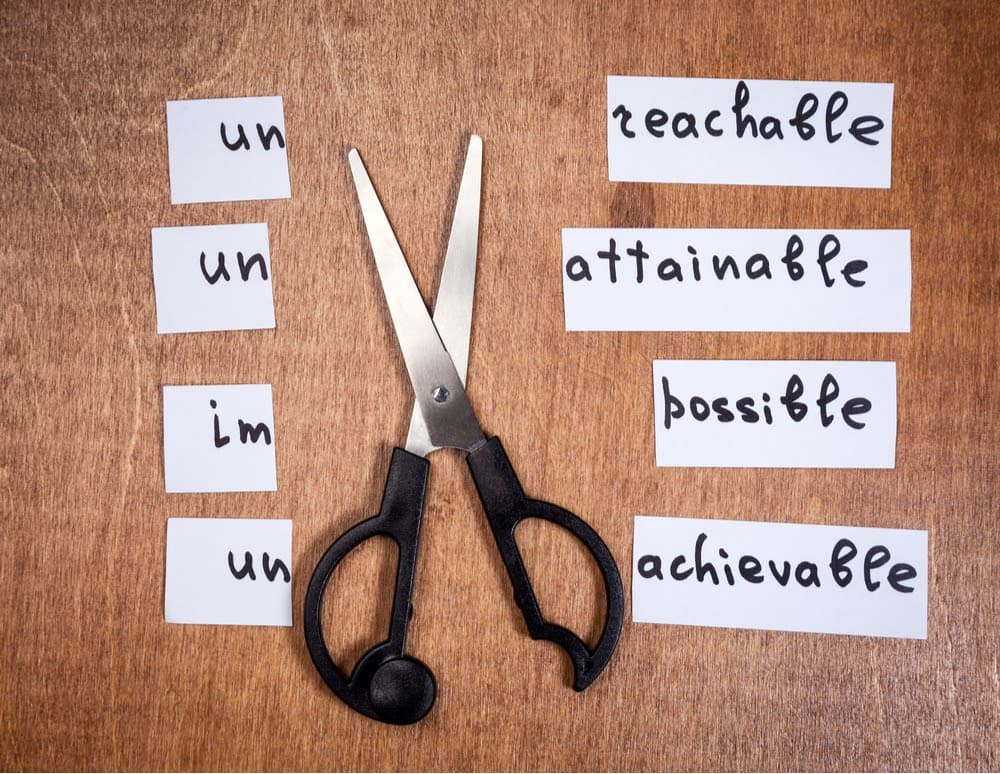While most parents worry about treating their children equally, many parents unknowingly exhibit favoritism toward one of their kids. Each child comes with their own challenges with some being easier than others, which can make it difficult to avoid favoring a certain one.
Extensive studies on family relationships have found that parental favoritism is normal. However, despite the normal tendency to feel more affection or a connection toward one child, blatant favoritism can have unforeseen and lifelong consequences.
What Favoritism Looks Like
Favoritism can be shown in many ways. Some parents demonstrate more affectionate, spend additional quality time with and give more privileges toward their favored child. Sociologists estimate that parental favoritism occurs in one-third to two-thirds of American families. Parents often give excessive praise and positive affirmation to the favored child while the other children are ignored or subtly or even regularly criticized.
Key Predictions of Favoritism
A child’s behavior and personality are key factors that can predict favoritism. Parents generally find it easier to like the well-behaved, pleasant child over the one who talks back and causes problems. They struggle with showing affection toward a child who exhibits deviant behavior. Many parents feel closer to same-gender children and those that are more similar to themselves, possibly in looks or personality. Blended families tend to favor their own biological children over step-children.
Birth order can also contribute to favoritism as well. In some families, the first-born child or oldest son is the “golden child” who can do no wrong. On the other hand, mothers are more likely to exhibit more love and affection toward the youngest child, treating him or her as the baby no matter their age. The middle child usually ends up being emotionally neglected as a result. Newborns and sick children require more care and attention, which can also result in favoritism.
The Negative Backlash of Favoritism
Disfavored children face numerous consequences and repercussions including struggles with the following:
- Increased depression,
- low self-esteem and
- poor academic performance.
Parents who display favoritism cause intense sibling rivalry among their children. Negative self-esteem and problematic adult relationships follow the disfavored child well into adulthood. The favored child grows up to feel falsely entitled while the less favored children is left to deal with the psychological effects of unfair treatment for the rest of their lives.
Parents must respond to the unique characteristics of each child. While favoritism is normal, parents should acknowledge it and combat those feelings. Validate your perceptions and realize that acting on your feelings can cause lasting damage to your kids, including the so-called favored child. Consciously make an effort to create a fair, loving environment for all of your kids. Spend quality one-on-one time with each of your children and acknowledge their positive attributes. Celebrate the differences in each of them. Finally, if one of your children needs extra attention, consider seeking professional, outside help for your difficult, troubled child.











0 Comments